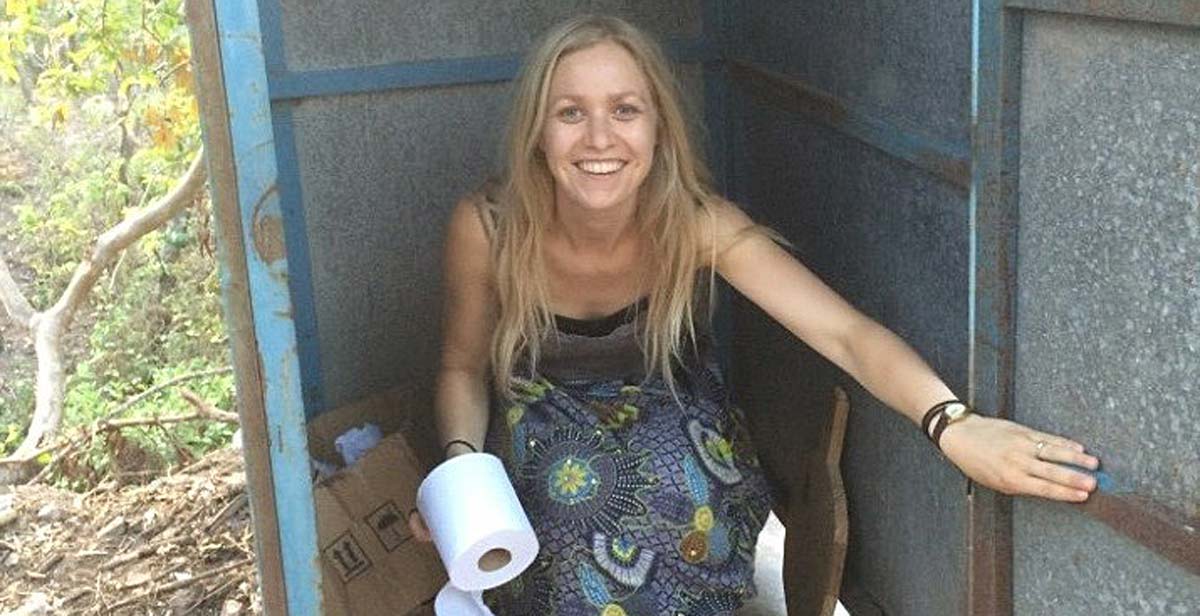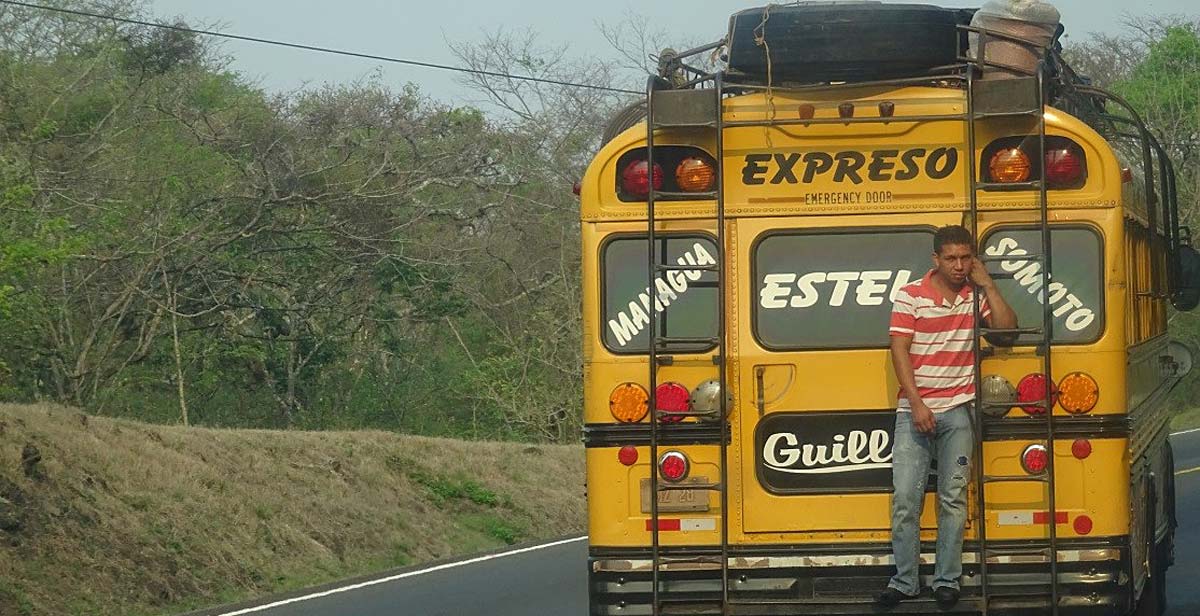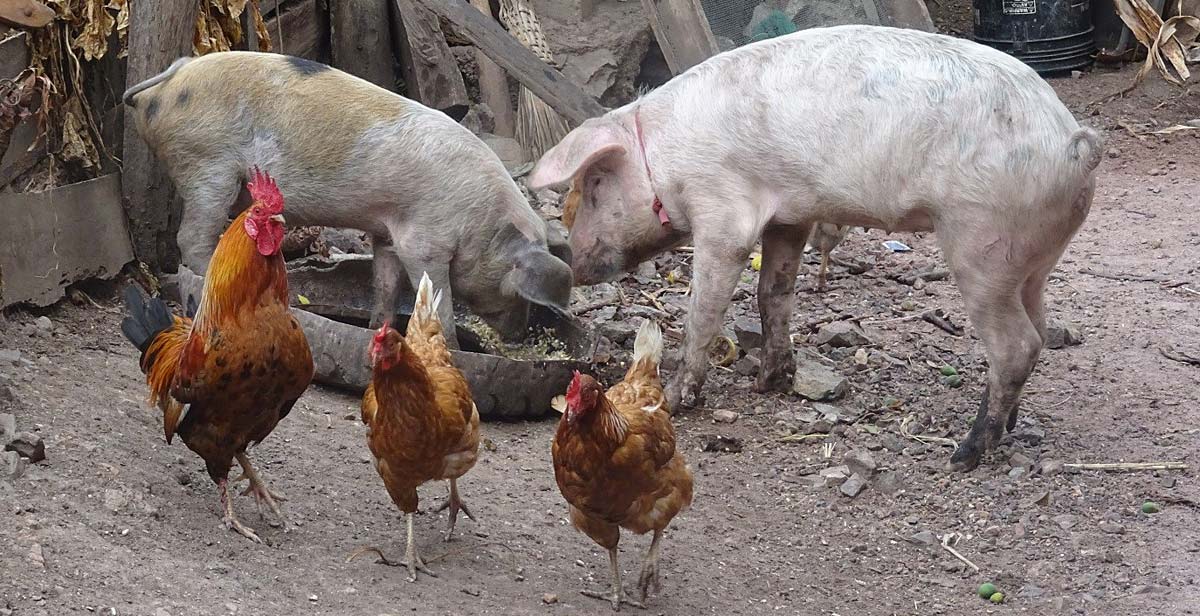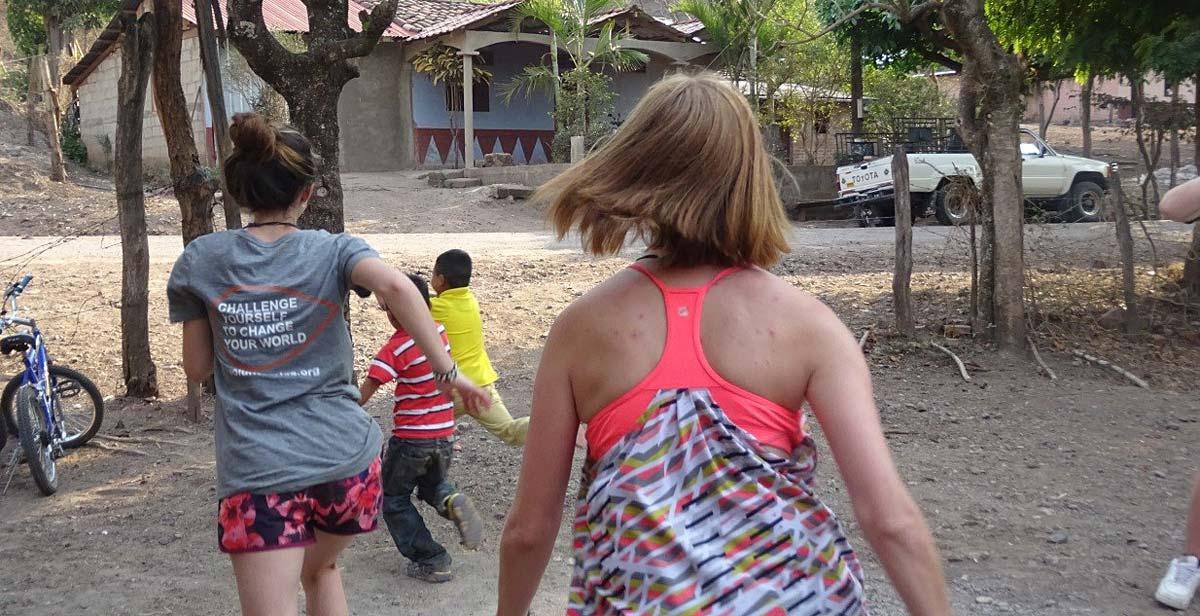As we leave behind the week that marks our half way point, we can’t help but wonder where our time in Nicaragua has gone. Without sounding overly egotistic, I think it’s fair to say that Cycle 15 have slotted into life and the project in El Bramadero pretty spectacularly. Already, we’ve faced challenges ranging from deadly snakes to alarmingly close forest fires but we haven’t let any of this get in our way. In fact, it’s often the smaller, day to day realities that can feel like the biggest trials and tribulations.
Power cuts for example occur almost every day and can often last for half, if not full days. This can be extremely inconvenient when you’ve planned an activity involving technology. Finding yourself with three dead laptops, half an hour before you’re meant to deliver a PowerPoint presentation to the whole community isn’t ideal.
Moving on to the various night noises. In particular, the dreaded high pitched wine that only seems to emerge as you drift off to sleep, signifying that despite your best tucking efforts, a mosquito has managed to manoeuvre its way through the net once again. Thankfully, malaria has not been prevalent in El Bram for almost 30 years but this doesn’t lighten the prospect that you’ll probably still be eaten alive. Or, when still half asleep, your bladder forces you out of your bed and into the night. Armed only with a bog roll and head torch, you come face to face with the dark precipice that is The Latrine. The main challenge here is to avoid shining your light down the hole as you gingerly remove the lid, revealing what can only be described as the stuff (and smell) of nightmares.

Showering on the other hand, can be both a refreshing and chilly experience depending on what time of day you decide to brave the bucket. Mid-day tends to provide the optimum conditions for a wash as morning showers usually involve a bit of shivering as you fumble for the basin through a veil of cold shampoo. The walk back to your room after a wash is a risk in itself as tripping over a chicken or two whilst wearing nothing but a loose towel and flip flops can end in disaster (not speaking from experience…).
Although more of a weekly occurrence, the Estelí/Condega bus journey on Saturday mornings can either make you laugh or cry hysterically, unless you happen to acquire the luxury of a seat. There seems to be a never-ending limit on how many passengers these crazy, colourful buses can carry (chickens and all), as it trundles down the cliff side, reggaetón music blaring. No doubt that at some point you’ll find yourself wishing that the man beside you knew of a phenomenon called ‘personal space’ but ultimately, it’s been a truly unique experience.

So yes there’s a few minor daily ‘inconveniences’ if you can even call it that, but at the end of the day, if you wanted a nice steamy power shower what are you doing in the middle of rural Nicaragua? Progressio have reiterated that this opportunity is on no account a holiday and although very true, if you show the right attitude you’ll find yourself experiencing a life with different kinds of luxury: the smell of freshly brewed coffee to greet you in the morning, home grown mangos and bananas for breakfast, clothes that dry in an hour under the sun, the host families’ hospitality, the taste of your first Nacatamal, being able to inform a beneficiary family that they’ve been chosen to receive an eco-stove/water filter, feeling like a valued member of an incredible team, teaching children their first few words in a new language, the list goes on and on.

To conclude, six weeks in and the placement has already shaped up to be an extremely interesting, life changing experience and not something you’re likely to forget any time soon. This is especially the case when you come to realise that a few months without flushing toilets, running water or access to modern day technology isn’t going to do you any harm at all.
Written by ICS volunteer Isabel Leask



